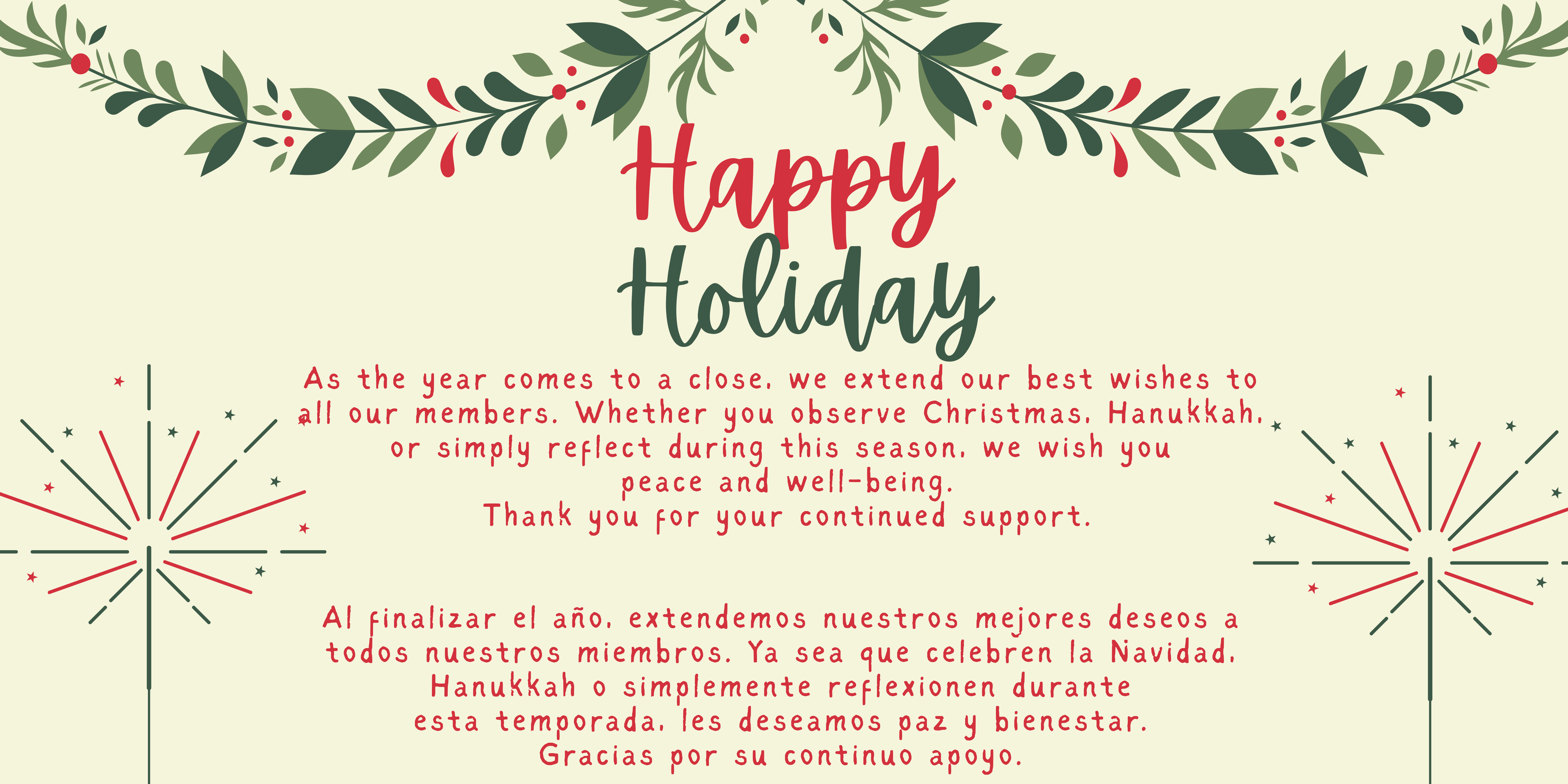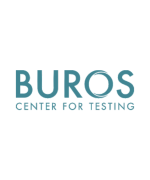Poetry as data, data as poetry: Prosas de Resistencia
3.0 CE | Workshop
Description
In order for our field to continue to move forward, we have to be willing to transform it and move within it in new ways. We utilize a CRT and LatCrit framework to conceptualize this workshop, and use testimonio poetry methodology to create counterstories and decolonize research practices. CRT and LatCrit scholars recognize the oppressive and racist epistemologies undergirding standard research methods (Camacho, 2004; Delgado Bernal, 2002; Delgado Bernal & Villalpando, 2002; Pérez Huber, 2009). This erasure and devaluing of knowledge from communities of color are rooted in White supremacy and marginalization (Delgado Bernal & Villalpando, 2002; Pérez Huber, 2009). Eurocentric ideologies of objectivity, meritocracy, individualism further marginalize communities of color. CRT and LatCrit invite scholar-activists to ‘decolonize research’ by using research to address oppression and marginalization while improving social conditions (Solorzano & Yosso, 2001).
Tuhiwai Smith (2012) describes decolonizing research as a reclaiming of knowledge by those who have historically been excluded from the creation of knowledge or whose perspectives have been ignored in the representation of findings. She argues that beyond providing an oral account or acknowledgment of the history and people, decolonizing research creates space to deliver needed and powerful testimony and restore the spirit. Colonizing research dictates the presentation of knowledge, parameters of discipline and colonizes minds and bodies as a form of control to stay within those traditional disciplines (Tuhiwai Smith, 2012). This workshop will allow for participants to learn to implement methodology not typically used in psychology that can be liberatory, empowering, and a tool for critical consciousness-raising.
Native and Latinx communities have historically used poetry and storytelling to pass on oral histories and ancestral wisdom. Testimonio is a form of sharing that has emerged over time in Latin America. Testimonio utilizes narratives of personal, political, and social realities to inform, show solidarity, or to cast light on oppression (Elenes, 2000; Latina Feminist, 2001). Utilizing testimonio quotes from 13 participants of a dissertation study that centered undocumented students experiences we provide an in depth hands on approach for using data as poetry. In the dissertation we presented psychological strengths of undocumented students as poems. In order to create a shared testimonio, we used the data as poetry to capture the essence of what was said – the feelings, contradictions, and paradoxes (Maynard & Cahnmann-Taylor, 2010). Instead of presenting individual student quotes, we present a synthesis of quotes in which the community is represented. The first author used his identity and knowledge as an “undocupoet” and slam performer for the creation and presentation of poetry. Each poem serves as a vessel for interweaving participant voices, telling their stories, honoring their gift, and illustrating their psychological strengths. Participants will recreate part of the methodology used for this dissertation in the creation of their own poems. The three-hour workshop will engage participants in different activities as examples of using poetry as data, and data as poetry for creativity, increasing critical consciousness, and sharing testimonio. The workshop will culminate in a poetry cypher where participants can share their creations.
Learning Objectives
At the end of the session, participants will be able to:
1. Demonstrate effective use of poetry as data
2. Demonstrate effective application and construction of data as poetry.
3. Identify ways in which mental health professionals and educators can use poetry as a tool for critical consciousness-raising when working with Latinx c communities.
4. Demonstrate effective use of poetry to support testimonio, self-expression, and healing
5. Utilize self- and community poetry as a form of empowerment through a community “cypher”.
6. Create a space to create, share, and empower each other through poetry.
Program Type
Standard D.1.3.
Program content focuses on topics related to psychological practice, education or research other than application of psychological assessment and/or intervention methods that are supported by contemporary scholarship grounded in established research procedures.
Presenters
Bryan Ovidio Rojas-Arauz, Reaching HOPE
Ellen Hawley McWhirter, University of Oregon
Continuing Education
3.0 CE
To register for video on demand continuing education, please complete the registration form here.
|






